_960.jpg)
Continuing Professional Development (CPD) for dental professionals
The General Dental Council’s CPD guidance booklet states that “Undertaking CPD is a compulsory part of any dental practice’s registration.
“Dentists have to complete a minimum of 75 hours verifiable CPD in your CPD cycle and Dental Care Professionals must do a minimum of 50 hours.”
Safeguarding children, young people and adults
EduCare for Health: Dental is our complete e-learning service which contains level 2 courses that have all been verified for CPD. The service has been designed specifically for dental practices and contains a broad range of Safeguarding and Duty of Care training courses including Infection Control for Dental Practices, Safeguarding Children, Safeguarding Adults and Child Neglect. Our new course on the General Data Protection Regulation is also included.
Each course is designed to impart essential information and motivate staff to take action if they suspect something is wrong – whatever their role or responsibility.
The service as a whole provides over 40 CPD hours.
The following courses are all included in our e-learning service
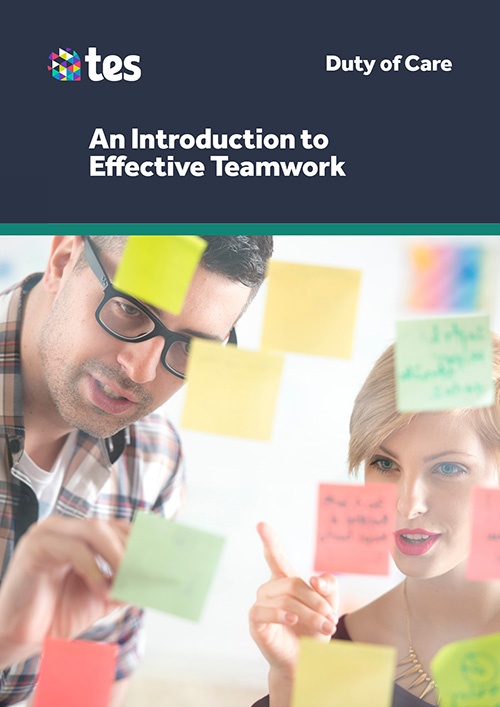
An Introduction to Effective Teamwork
This course explores the different types of team and the stages of team development, as well as the roles individuals may take within a team.
Read more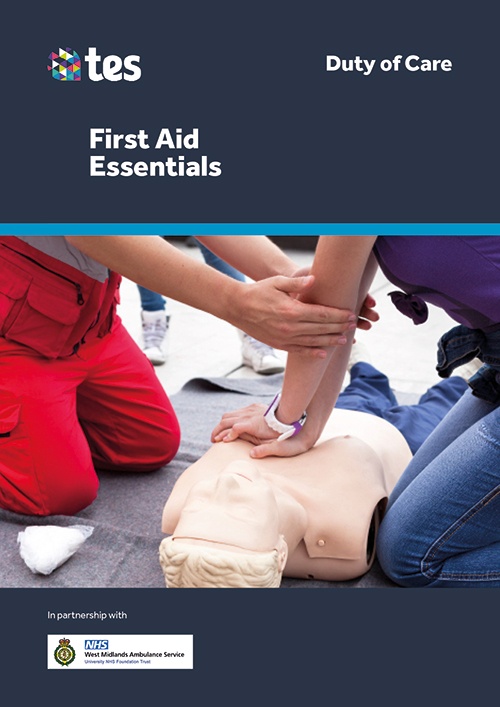
First Aid Essentials
First Aid Essentials aims to give the confidence needed to react in an incident when someone urgently needs help.
Read moreAn Introduction to Effective Teamwork
This one module course delivers one CPD hour and comprehensively covers:
- what is a team?
- how teams develop
- reviewing outcomes
- analysing team performance
- understanding team roles
- the advantages and disadvantages of large and small teams
First Aid Essentials
This three module course delivers three CPD hours and comprehensively covers:
- providing basic life support
- how to react in life threatening situations
- how to deal with someone who is choking, drowning, seizing, bleeding or having an allergic reaction
- what to do if somebody has a broken bone or experienced a burn
- how to handle day-to-day incidents such as nose bleeds, insect bites, stings, sprains and strains and sunburn

Equality & Diversity
This two module interactive course is for all employers and employees who would like to learn about what Equality and Diversity policies are and what implementing them looks like in an organisation.
Read more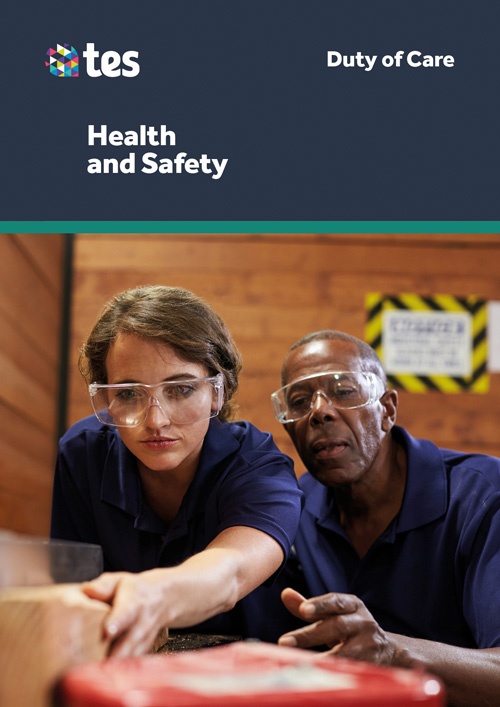
Health & Safety
Health & Safety gives both the employer and employee a basic knowledge of health and safety in the workplace.
Read moreEquality & Diversity
This two module course delivers two CPD hours and comprehensively covers:
- what equality and diversity mean and how they affect you
- barriers that can prevent equality from being realised such as prejudice, stereotyping, discrimination, victimisation and harassment
- key legislation and both employer and employees’ responsibilities in relation to it
- the Equality Act 2010 and the ‘protected characteristics’ that form the basis of the law
Health & Safety
The course comprises five modules, five questionnaires and a proficiency test. Its content covers:
- an introduction to health and safety, the fundamental concepts and risk assessment
- common workplace health and safety hazards and how to control them
- improving performance
- the Plan, Do, Check, Act approach to managing health and safety
- emergency procedures, accident investigation and first aid
- essential ways to protect the environment.
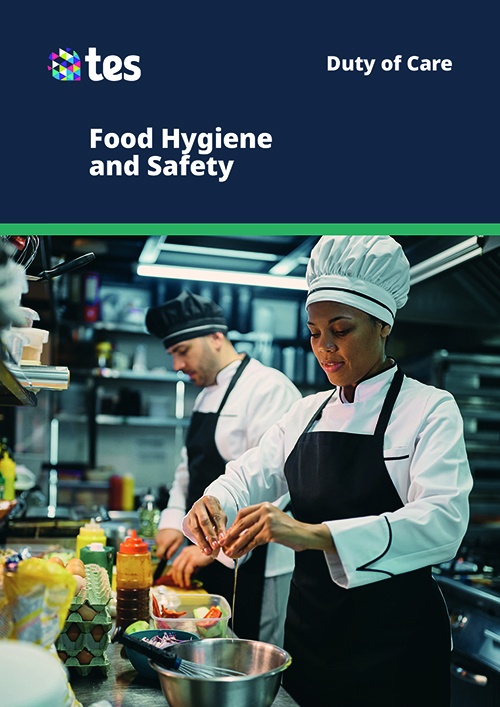
Food Hygiene and Safety
This Food Hygiene & Safety course is specifically designed for those who prepare and handle food.
Read more_500.jpg)
The Prevent Duty
This course is designed to build your understanding of extremism and radicalisation, how people may be drawn into terrorism and what you should do if you have a concern.
Read moreFood Hygiene and Safety
This four module course delivers five CPD hours and comprehensively covers:
- how bacteria can cause food-borne illness
- recognising high risk foods and food allergies
- contamination and food spoilages and how to control it
- effective hygiene
- the importance of storage
- HACCP and the law
The Prevent Duty
This one module course delivers one CPD hour and comprehensively covers:
- what Prevent is
- what extremism and radicalisation are
- who may be vulnerable
- how people may be drawn into terrorism
- how messages are spread
- reporting concerns.
 500x707 (2)_500.jpg)
Child Neglect
This three-module interactive course is for anyone who works with children and young people in education settings up to the age of 25.
Read more_500.jpg)
Safeguarding Adults
Safeguarding Adults, endorsed by the Police Crime Prevention Initiative, provides the key information needed to help safeguard vulnerable adults.
Read moreChild Neglect
Course content
Module 1 Understanding neglect
- Introduction to the basic forms of neglect and examples of circumstances parents whose children are neglected may be experiencing.
- The prevalence of neglect in comparison to other types of maltreatment in the UK.
- The Assessment Framework to identify a child’s essential developmental needs, and what dimensions these cover.
- Children’s key developmental milestones.
- Identifying neglect in older children.
- Scenarios to illustrate that what you see is not always the truth.
- The impacts of what harm neglect can do; how it can affect and damage children in key developmental areas such as social, physical and emotional development.
Module 2 Why are children and young people neglected?
- The key components of effective parenting using the Assessment Framework model.
- Examples of factors that can make parenting neglectful, either intentionally or by omission.
- Examining practices which harm children and young people with disabilities.
- Information regarding children and young people who are especially vulnerable; such as young carers, and looked-after children and young people.
- Other risk factors; based on research focusing on mothers and fathers.
- Resilience and protective factors that can mitigate against risks that children and young people face.
- Scenario to consider how a child could be effected in a particular situation.
Module 3 Recognising and reporting child neglect
- The signs and indicators that should alert you to the possibility a child or young person is being neglected at different age-specific developmental milestones. Understanding what possible signs and indicators to look for in infants and toddlers, young children of school age, and adolescences.
- Parental neglect during adolescence and its possible consequences.
- Examining barriers to reporting and recognising neglect.
- Offering support; identifying when it is appropriate to talk to parents and how to start or encourage young people to have honest conversations.
Best practises for reporting neglect; information regarding organisations that can be contacted and universal principles that should be recorded within your own organisation.
Safeguarding Adults
This course provides a thorough understanding on safeguarding adults to anyone working with adults at risk.
- Learn what abuse is
- Identify situations in which adults are at risk
- Recognise the signs of abuse
- Understand the importance of taking action
- Identify good practice guidelines
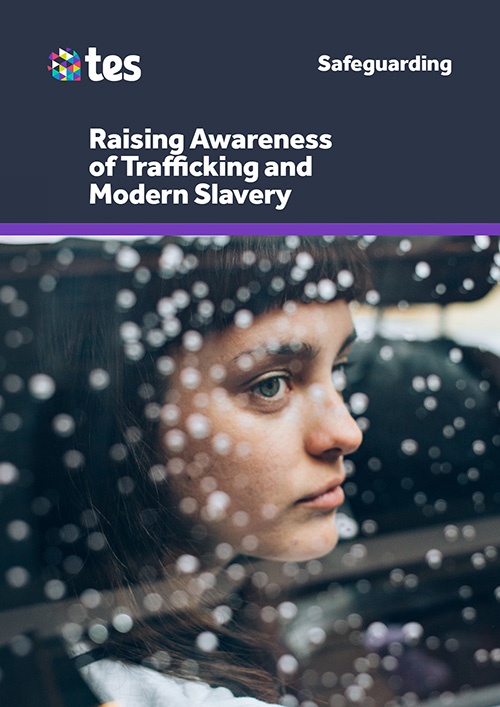
Raising Awareness of Trafficking and Modern Slavery
The term modern slavery acknowledges the fact that millions of people are still held in conditions of slavery and servitude globally – including in the UK. This course raises awareness of this issue.
Read more_500.jpg)
Domestic Abuse: Children and Young People
Every day children and young people experience domestic abuse at home and can suffer a wide range of severe and long-lasting effects. The purpose of the course is to raise your awareness of children and young people who may be experiencing domestic abuse. Written in partnership with SafeLives, a national charity dedicated to ending domestic abuse.
Read moreRaising Awareness of Trafficking and Modern Slavery
The purpose of this course is to help you understand:
- What modern slavery and trafficking are
- Different types of trafficking
- Who trafficking affects
- The Modern Slavery Act 2015
- Internal trafficking and county lines
- How to spot the signs of trafficking
- How to report concerns about a trafficked child or adult
Domestic Abuse: Children and Young People
The purpose of this course is to help you understand:
- What domestic abuse is and what forms it can take
- What controlling and coercive behaviour is
- The prevalence of domestic abuse
- They key risk factors to be aware of
- Some of the trigger events that can lead to violence
- The impact domestic violence can have
- What protective factors there are
- What to do when you suspect a child or young person is witnessing and/or experiencing domestic abuse
- What support, help and advice is available
Get in touch to find out more



